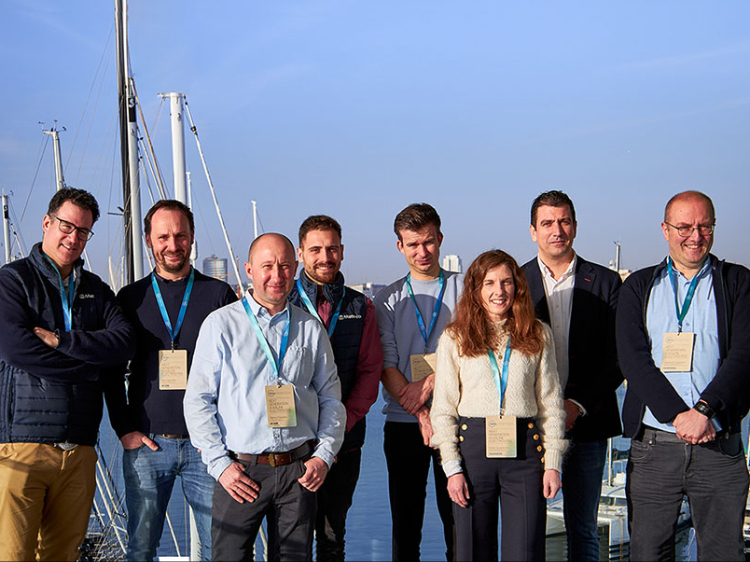
The European Commission has awarded 3 million euros to the Seal-Hydrogen project, an initiative aimed at improving the efficiency and boosting the scalability of a new generation of electrolyzers for the production of green hydrogen, the clean energy of the future. Led by the University of Valencia (UV) and in consortium with its spin-off Matecco, Siemens Energy, Horiba Group and HI ERN, the project is part of the European Hydrogen Strategy through the Research and Innovation Actions (RIA-HEurope).
Seal-Hydrogen, a project funded by the European Research Executive Agency (REA), is developing a new high-efficiency electrolyzer that reduces the costs of producing green hydrogen, an essential element for the energy transition and decarbonization of the economy, in line with the global objective of combating the effects of climate change.
Green hydrogen produced by electrolysis - the separation of water molecules into their two components using renewable energies - is a promising alternative in the transition to a more sustainable energy system, as it is an energy source that emits only water vapor and leaves no residues in the atmosphere. However, the high costs involved in the current systems for producing this clean fuel make it difficult to apply on a large scale.
Energy costs are the main factor determining the levelized cost of green hydrogen. Increasing efficiency is therefore an essential lever for reducing production costs.
Therefore, the European Union's Research and Innovation framework program 'Horizon Europe' (2021-2027), in line with the European Hydrogen Strategy to create a climate-neutral Europe, is committed to projects that boost the production of renewable hydrogen, reduce its costs, develop storage and distribution solutions, and stimulate its use as a fuel, especially in sectors that are difficult to discharge.
Fuente: https://www.uv.es/

